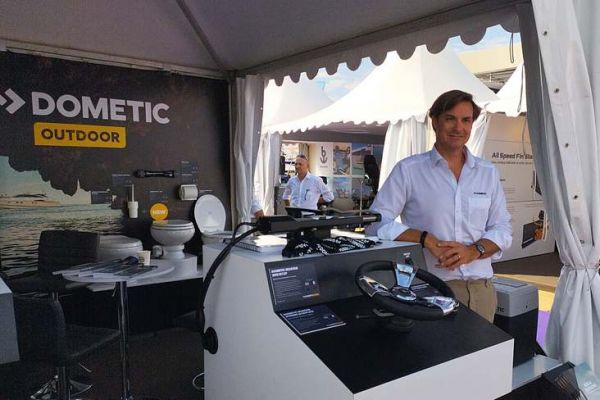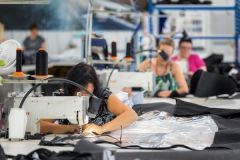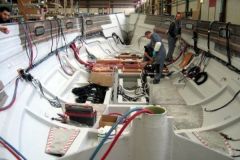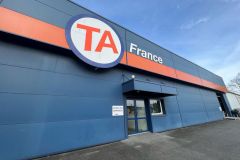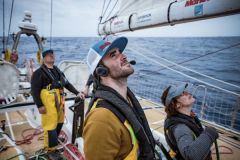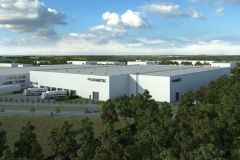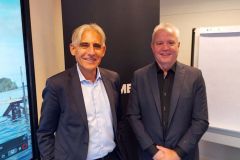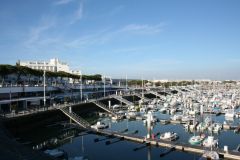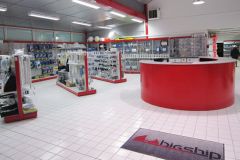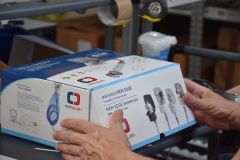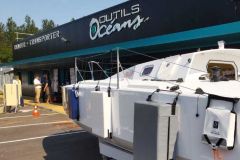As head of the Europe Middle East Africa zone for equipment manufacturer Dometic, Julien Le Feuvre talks to BoatIndustry about current issues and the new expectations of boaters.
How does Dometic's marine business break down between its various products in the EMEA zone? How much of this is due to new acquisitions in the energy sector?
Air conditioning is the biggest part of our business, accounting for almost 50% of sales. Other products include refrigeration, sanitaryware and Dometic Blind blinds. Motor steering products with Seastar account for 30% of sales.
There have been many acquisitions in the energy sector over the last 2-3 years, especially in the land-based market. Today, the challenge is to give coherence to this and define a range. There's still a lot of work to be done, before we have a major proposal for the marine sector. The most advanced part, presented at METS 2022, is the "boat in a box", which gives shipyards with limited in-house technical resources the possibility of offering a car-like experience.
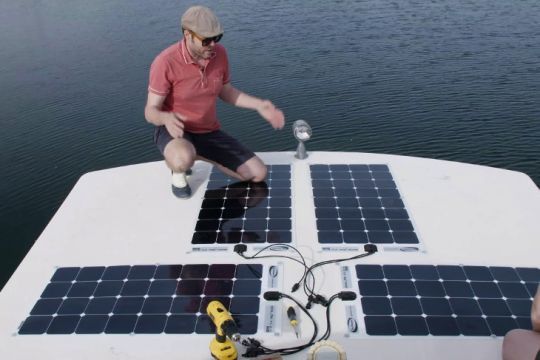
What's your view of the state of the marine market?
These are more uncertain times. Smaller boats under 10 meters have already begun to suffer in the USA and Europe, as customers become more careful about what they buy. Some Scandinavian shipyards closed in July-August due to a lack of orders. In Europe, where more large boats are being built, the increase is slowing down, not declining. The average size of our shipyard customers' boats is 15 meters, and they're still doing well. Our Italian factory is still selling very well, because 50 to 100-meter boats are doing very well.
What are the main technical developments at Dometic in recent years?
In air conditioning, the biggest breakthrough came a few years ago, with variable speed, which reduced consumption by almost half compared with 5 or 6 years ago. There's a lot of research and development going on, and we're looking at other sectors. Today, an air conditioner can run on batteries for day trips of 4 to 5 hours.
The gases used in air-conditioning are now at the end of their useful lives, and new refrigerant gases will enter service in 2 years' time, at the end of 2025, under new regulations. But this raises technical issues, with compressor changes for new pressure ranges. The flammability of these gases means we need to work on alarms and detectors. In view of the risk involved, we are currently considering the possibility of obtaining an exemption for the Navy. This is the 3rd change in 20 years.
The management team is also working on ease of use and safety, particularly with regard to children on board.
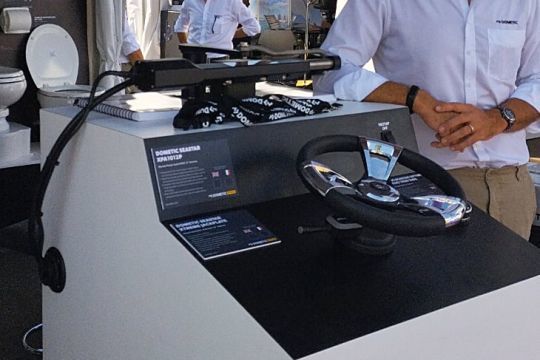
How is customer demand evolving?
As boats get bigger, the demand for power continues to grow. But boaters, and therefore boatbuilders, are above all asking for greater simplicity, in order to gain more audience, and also more comfort. Boats must no longer be "archaic" means of transport. They want all the functions of their car.

